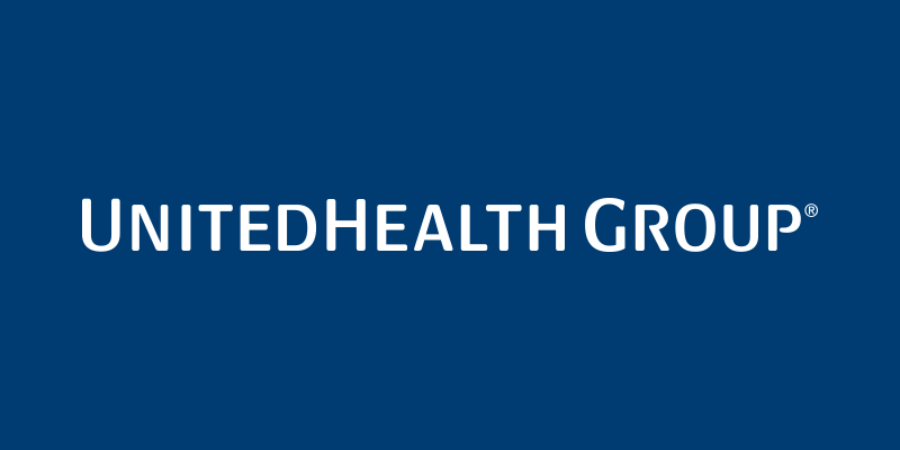UnitedHealth announced that its revenue climbed to $99.80 billion, marking an increase from $91.9 billion in the prior year. The company adjusted this figure to $100.08 billion to account for losses stemming from a recent cyberattack.
During this quarter, UnitedHealth faced a substantial $7 billion expense related to the divestiture of its operations in Brazil, as revealed in a Tuesday press release. The financial strain from the Brazil operation sale and the repercussions of the cyberattack resulted in a net loss for the quarter. Specifically, UnitedHealth reported a net loss of $1.41 billion, or $1.53 per share, a stark contrast to the net income of $5.61 billion, or $5.95 per share, recorded the previous year.
For the quarter, UnitedHealth’s adjusted earnings were $6.91 per share, which included some effects of the cyberattack but excluded the Brazil operation sale. The company broke down the cyberattack’s costs into direct response expenses and business disruption losses. Direct response efforts, notably the restoration of Change Healthcare platforms, influenced the earnings by 49 cents per share. Meanwhile, disruptions to business, such as lost revenue from Change Healthcare, resulted in a 25 cents per share impact. UnitedHealth’s adjusted earnings of $7.16 per share accounted for the business disruption but excluded direct response costs.
Overall, the cyberattack’s impact for the quarter was estimated at 74 cents per share, with an anticipated full-year impact ranging from $1.15 to $1.35 per share.
UnitedHealth reported a medical cost ratio (MCR) of 84.3% for the quarter, influenced by 40 basis points due to the cyberattack. This was slightly above the expected MCR of 83.8% as forecasted by analysts according to StreetAccount. Typically, a lower MCR indicates better profitability.
The company’s shares saw a rise of over 5% on Tuesday morning, although the year-to-date figures showed a decline of about 15%.
UnitedHealth operates through two major divisions: Optum and UnitedHealthcare. Optum, which provides a variety of pharmacy and consulting services, along with direct medical care to approximately 103 million consumers, reported a revenue increase to $61.1 billion from $54.1 billion last year. This growth was primarily driven by its patient care and pharmacy services, bolstered by an expanding customer base.
In 2022, Optum finalized a $13 billion merger with Change Healthcare, a key player in payment and revenue cycle management, processing over 15 billion billing transactions annually.
Earlier this year, UnitedHealth reported a cyberattack on part of Change Healthcare’s IT network, leading to significant service disruptions across the healthcare sector. The company has made strides in recent weeks to restore these systems and has provided over $6 billion to aid healthcare providers affected by the disruptions.
CEO Andrew Witty praised the relentless efforts of his team in overcoming the challenges posed by the cyberattack during the company’s earnings call.
The company’s insurance arm, UnitedHealthcare, also saw revenue growth, reporting $75.4 billion for the quarter, up from $70.5 billion a year ago, driven by an increase in insured individuals in the U.S.
Looking ahead, UnitedHealth revised its full-year earnings outlook to between $17.60 and $18.20 per share, largely due to the ongoing impact of the cyberattack and the Brazil operation sale.
UnitedHealth CFO John Rex noted that claim submission activities at UnitedHealthcare have nearly normalized post-cyberattack, with claims processing as anticipated.
In other developments, a report from the Wall Street Journal in late February indicated that the U.S. Department of Justice had initiated an antitrust investigation into UnitedHealth, although the company has not commented on this during its investor call.




